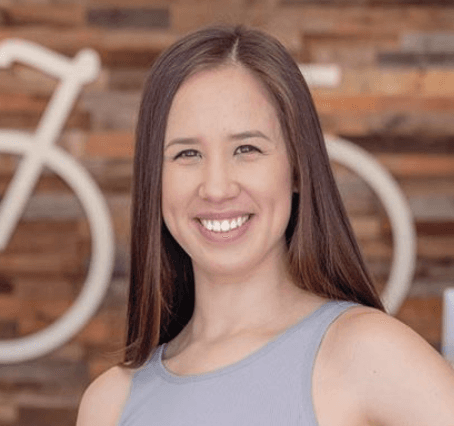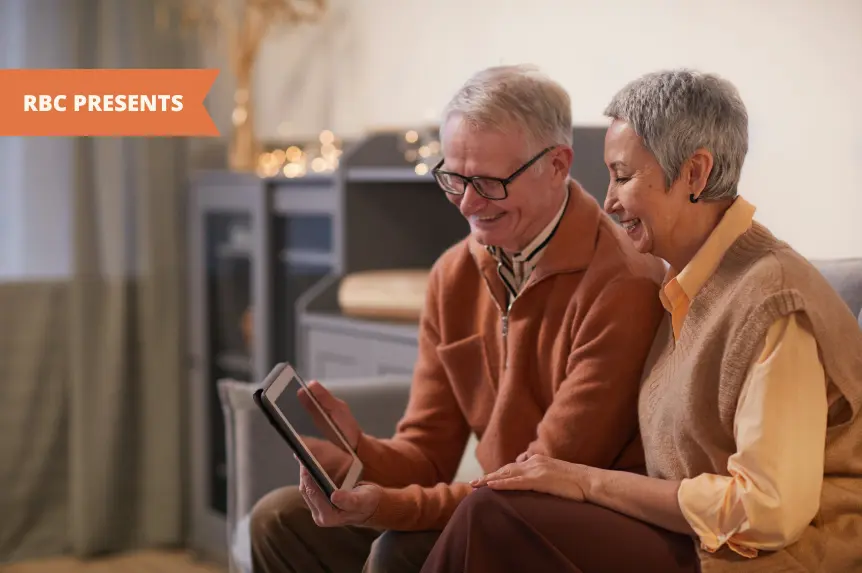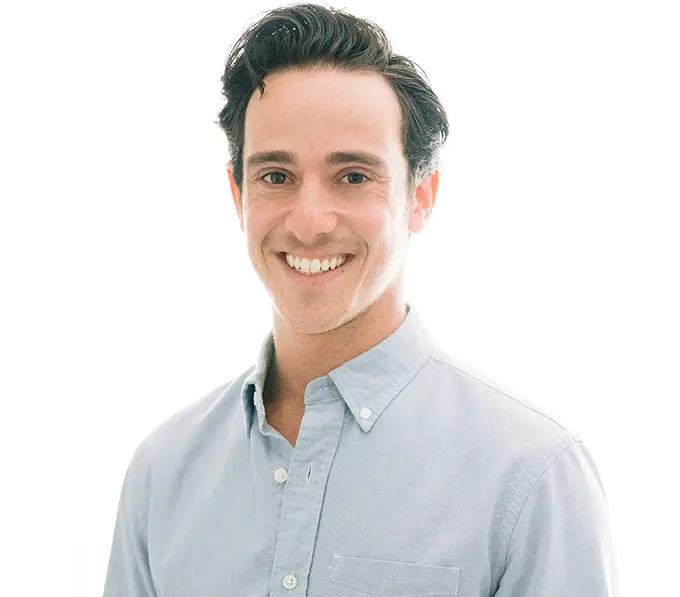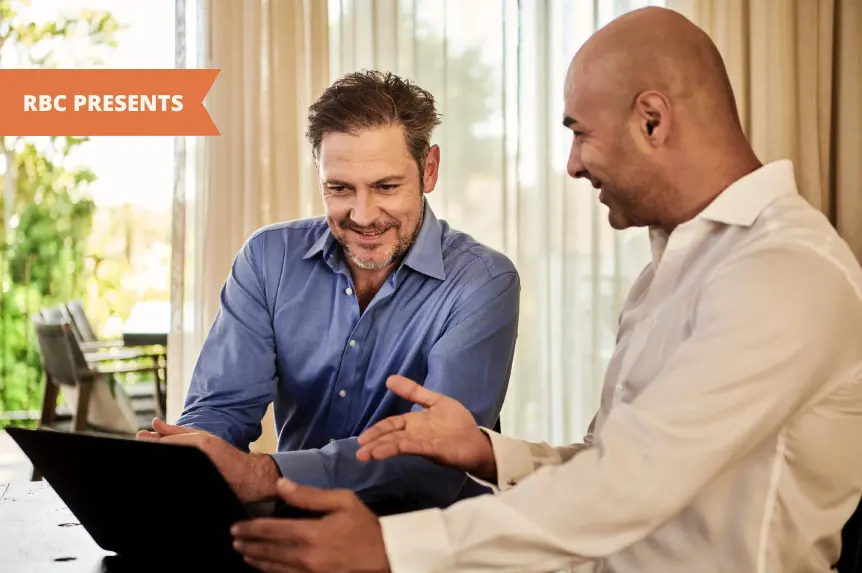Coffee With An Estate Lawyer: Eco-Friendly Burials
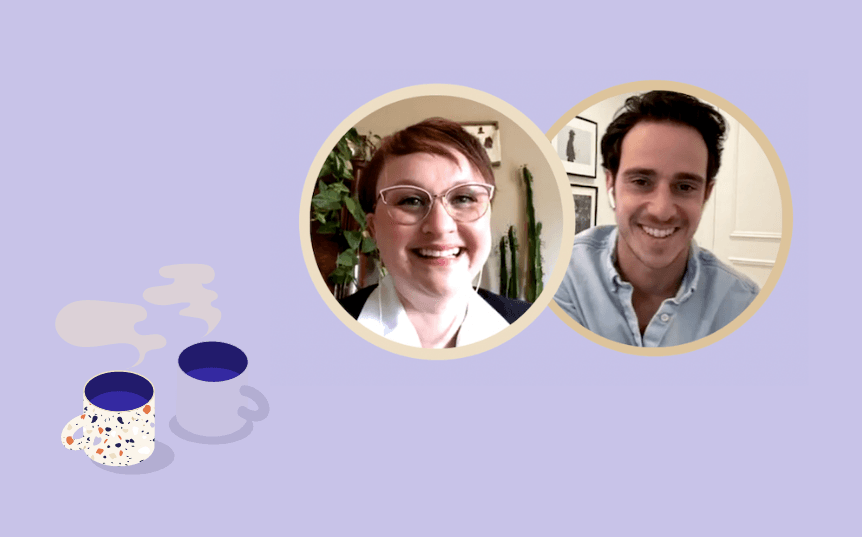
We’re big on planning for the unexpected here at Epilogue, and the experts at Eirene Cremations are no different. They’re disrupting the funeral industry to provide a better experience for families through their affordable, simplified, digital solution.
In this episode of Coffee with an Estate Lawyer, Daniel had the pleasure of speaking with Eirene’s Managing Funeral Director, Jennifer Connolly. They spoke about the many options Canadians have when it comes to burials and cremations, with a special focus on eco-friendly ones (I mean, it was Earth Day after all!) Keep reading for the highlights.
Cremations versus traditional burials
The first thing to ask yourself is if you’d like to be cremated or buried. Like everything in life and death, there are pros and cons to both options. Not to mention your own preferences and beliefs to consider.
Traditional burials take place at a cemetery where the casket is placed in the ground or inside a mausoleum.
What people don’t often realize is that there are similar options for cremation. The cremated remains can be buried at a cemetery, kept in a mausoleum, put in an urn to rest at home, or scattered. No matter what option you pick, there are still a lot of other decisions to be made.
Preference for cremation or burials varies across Canada with cremation rates as high as 80% in British Columbia.
Cost is also a consideration. With a traditional burial, the bill will run higher. On average, burials cost between $5,000 – 10,000 and cremations cost around $2,000 to $5,000.
Another important factor to consider is cultural and religious traditions. There are some cultures and religions where cremation is not an option or that have very specific requirements when it comes to burials.
How to have a more eco-friendly burial
In Canada, people can choose a fully green burial, or simply make some more eco-friendly choices. The Green Burial Society of Canada has established standards and best practices when it comes to green burials.
They use those standards to recognize cemeteries, crematoriums, and funeral service businesses in Canada that commit to providing their goods and services following the goals and objectives of the society.
The Green Burial Society of Canada has established the Five Principles of Green Burials:
No Embalming: Without embalming, a body can decompose naturally, in a dignified way using environmentally sensitive materials.
Direct Earth Burial: The unembalmed body is buried in locally sourced biodegradable materials (e.g. wrapped in a shroud or a sustainable container.)
Ecological Restoration & Conservation: The natural ecosystem of the area is preserved.
Communal Memorialization: Rather than individual memorials, a communal memorial made from naturally sourced materials is used.
Optimized Land Use: Through careful planning, green burial cemeteries (or cemetery sections) optimize the land they occupy.
If you don’t have the option to choose a fully green burial, you can refer to the above five principles and do your best to make green choices when planning your burial (or someone else’s.)
The truth about cremation
When considering cremation, people tend to assume it’s the more environmentally friendly option given its smaller physical footprint. Individuals must take into consideration the process of cremation and the emissions it creates. Cremation requires a lot of fuel and results in millions of tons of carbon dioxide emissions per year.
There’s a new, more eco-friendly alternative called alkaline hydrolysis, sometimes known as water cremation, where the body is dissolved in water. Alkaline hydrolysis cuts the carbon footprint of a conventional cremation in half.
The remains you receive back from alkaline hydrolysis are similar to a conventional cremation so the family can honour any traditions the same way they would with ashes. Eirene Cremations is currently in the process of adding alkaline hydrolysis to their offerings.
Planning your burial online
The funeral industry is an old one (no pun intended), with institutions that no longer make sense in the modern world. Eirene Cremations has simplified the process of planning your burial to ease the burden on families during what is a very emotional time.
Through the help of funeral directors like Jennifer, everything is taken care of virtually, online, or over the phone. From bringing their loved one from the place of death to the cremation facility, the cremation process itself, and the delivery of the remains back to the family—the Eirene team handles it all.
With the ‘hard’ parts taken care of, families are able to focus their grief.
How to get started
It’s incredibly important to start a conversation with your loved ones about how you’d like to be laid to rest, while you still can. It may feel awkward to bring up, but it’s a brief moment of discomfort that can make a huge difference down the road. Think of it as a gesture of kindness to your family to alleviate stressful decision-making during what will be a very emotional time.
If you don’t know where to start, let the experts at Eirene help. Simply go to their website and connect with Jennifer and her team directly. You can also browse their many resources to start learning on your own.
Funeral and burial wishes are an important consideration when doing your estate planning. You have to make your wishes known so your loved ones can honour your legacy and continue telling your story in a way that feels true to you.
Watch the full Coffee With an Estate Lawyer live chat here
